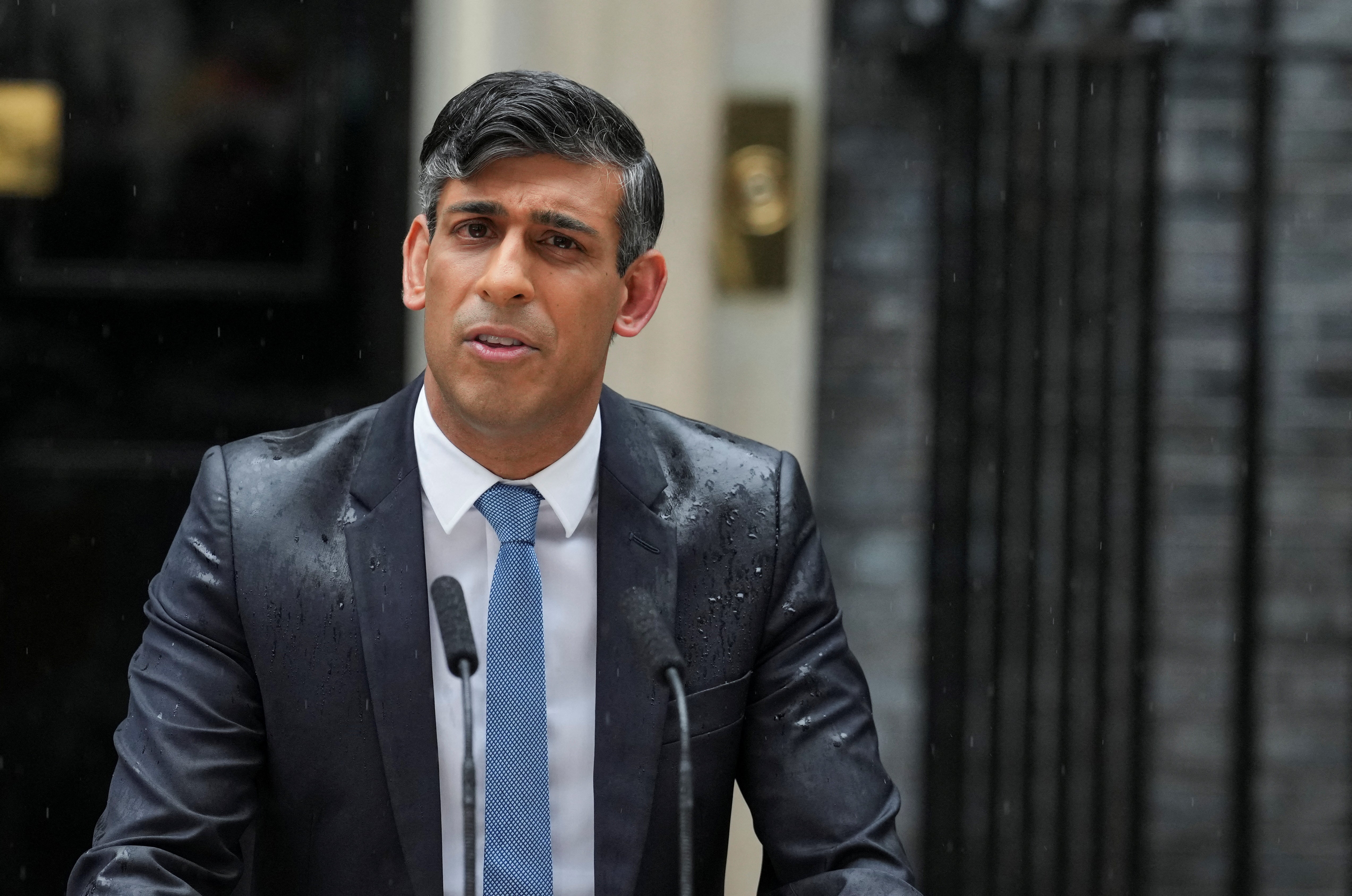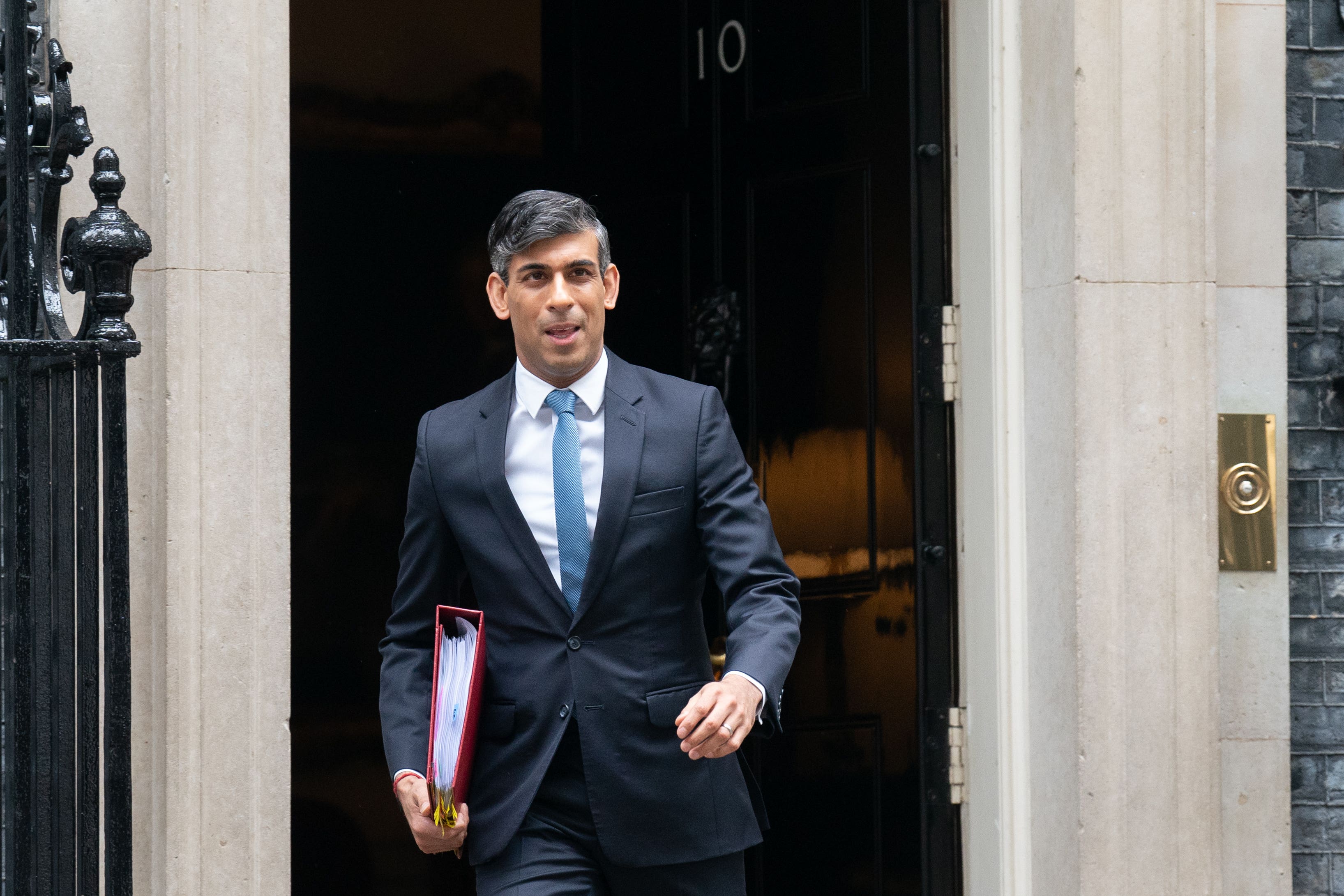General election 2024: Why did Rishi Sunak choose 4 July for polling date?
Economic data and school holidays helped the prime minister choose his date, as David Maddox explains

Rishi Sunak has finally announced that the general election will be on 4 July, but why did he settle for that date?
The practical reason for his decision comes from election law and the parliamentary timetable. Parliament needs to be dissolved 25 working days before the date of an election, which means options were running out for a summer election.
By calling an election on 4 July, next week’s planned recess will be cancelled, giving parliament a “wash-up week” to complete its remaining business by Thursday. Parliament can then be dissolved in time for a 4 July election. So, the prime minister could not have held the election any sooner.
He was also hamstrung by school holiday dates. In Scotland, schools go on holiday on Friday, 5 July and in England the same date applies for many private schools. With the risk that many voters could be on holiday or unable to arrange postal ballots, the latest a summer election could feasibly be held was on 4 July. The absence of private school parents would be particularly damaging for the Tories as they struggle to hold on to many of their seats.

There was a faction in Downing Street that wanted an autumn election, which was also the desire of most of the parliamentary Tory party.
However, it seems that Mr Sunak has been warned the economic data is not expected to get much better. He had a small mild victory on Wednesday with inflation falling to 2.3 percent, but there appears to be little or no flexibility to offer tax cuts in an autumn Budget.
The other big issue in play is illegal migration, important for many Tory MPs defending red wall seats. The prospect of a summer of small boats crossing despite flights to Rwanda going ahead would show the policy had not worked in the minds of many voters.

Failure to stop the boats, as Mr Sunak promised in his five pledges has become emblematic of the divisions in his own party and the incompetence of his government.
The prime minister is gambling that with the first flights leaving, voters may be persuaded that the policy is going to work.
The final reason is a lesson from history. As John Major discovered in 1997, and Gordon Brown in 2010, leaving an election to the last minute generally makes things even worse for an unpopular incumbent.
Mr Sunak is hoping that this final piece of audacity may be enough for voters to take a more searching look at Labour rather than the civil war in his own party.
Whatever the reasons, the decision will go down as one of the great gambles in modern British politics.



Join our commenting forum
Join thought-provoking conversations, follow other Independent readers and see their replies
Comments